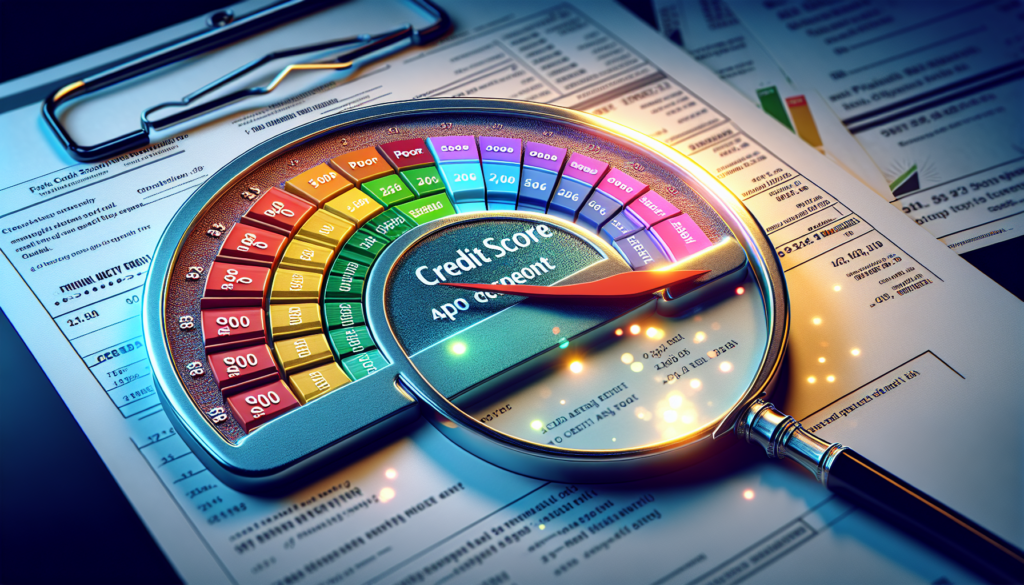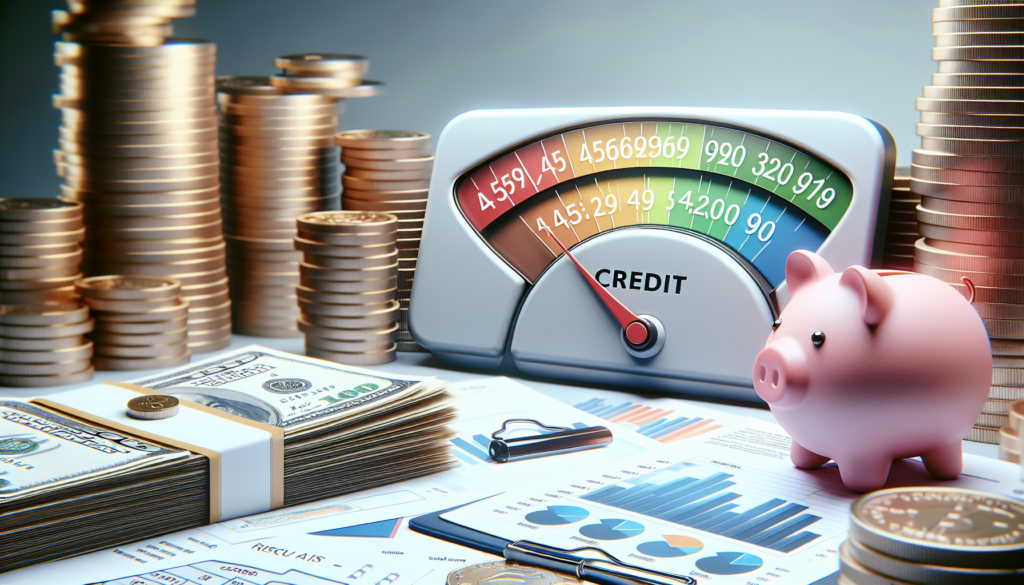
The Impact of Bankruptcy on Credit Scores: Understanding the Long-Term Effects and Pathways to Recovery
Bankruptcy, while providing relief from overwhelming debt, can cast a long shadow on an individual’s creditworthiness. Understanding the nuances of how bankruptcy affects credit scores and exploring strategies for recovery is crucial for those navigating the aftermath of financial distress.
- Credit Score Reduction: A Closer Look
The declaration of bankruptcy delivers a significant blow to credit scores. The extent of this blow varies based on factors such as the individual’s credit history and the type of bankruptcy filed. For instance, consider Mary, who had a credit score of 700 before filing for Chapter 7 bankruptcy. Following the bankruptcy discharge, her credit score plummeted to 550, reflecting a substantial 150-point drop.
- The Role of Bankruptcy Type: Chapter 7 vs. Chapter 13
The type of bankruptcy filed plays a pivotal role in determining the severity and duration of the credit score impact. Chapter 7 bankruptcy typically remains on credit reports for ten years, while Chapter 13 lingers for seven years. The distinction between the two lies in the discharge process. Chapter 7 offers a complete discharge of debts, whereas Chapter 13 involves a structured repayment plan.
To illustrate, consider John, who filed for Chapter 7 bankruptcy. His credit score experienced a sharp decline post-filing, reflecting the discharge of his debts. In contrast, Sarah, who opted for Chapter 13 bankruptcy, saw a slightly less severe credit score reduction due to her participation in a repayment plan.
- Understanding Credit History’s Influence
Individuals with longer and more established credit histories tend to experience a more pronounced credit score decline post-bankruptcy. Bankruptcy acts as a major derogatory mark on credit reports, overshadowing positive credit behaviors accumulated over the years. For example, Rachel, with a decade-long credit history, witnessed a more substantial credit score decrease compared to her friend Lisa, who had a shorter credit history.
- Rebuilding Credit: A Roadmap to Recovery
While bankruptcy exerts a formidable impact on credit scores, it’s essential to recognize that it’s not a permanent stain. With disciplined financial management and strategic credit-building efforts, individuals can embark on a journey towards credit score recovery.

Suggestions for Rebuilding Credit Post-Bankruptcy:
- Secured Credit Cards: Secured credit cards serve as a valuable tool for rebuilding credit post-bankruptcy. By providing a security deposit, individuals can establish or reestablish credit responsibly. For instance, consider Tom, who obtained a secured credit card with a $500 limit post-bankruptcy. By making timely payments and maintaining a low credit utilization ratio, he gradually improved his credit score.
- Credit Builder Loans: Credit builder loans offer another avenue for credit rehabilitation. These loans, typically offered by credit unions and community banks, allow individuals to build credit while saving money. For example, Jessica, after her bankruptcy discharge, obtained a credit builder loan with her local credit union. By making regular payments, she not only improved her credit score but also accumulated savings for future financial goals.
- Authorized User Arrangements: Becoming an authorized user on a credit account with a trusted friend or family member can accelerate the credit rebuilding process. By piggybacking on the positive credit history of the primary account holder, individuals can expedite their credit score recovery.
- Securing Retail Store Credit Cards: Retail store credit cards, known for their lenient approval criteria, can provide individuals with a fresh start post-bankruptcy. By using these cards responsibly and making timely payments, individuals can demonstrate creditworthiness to potential lenders.
Navigating the Path to Credit Recovery
While bankruptcy inflicts a substantial blow to credit scores, it’s imperative to approach the journey to credit recovery with optimism and determination. By implementing sound financial practices, leveraging credit-building tools, and exercising patience, individuals can overcome the challenges posed by bankruptcy and pave the way towards a brighter financial future.

Get a Free Bankruptcy Case Evaluation